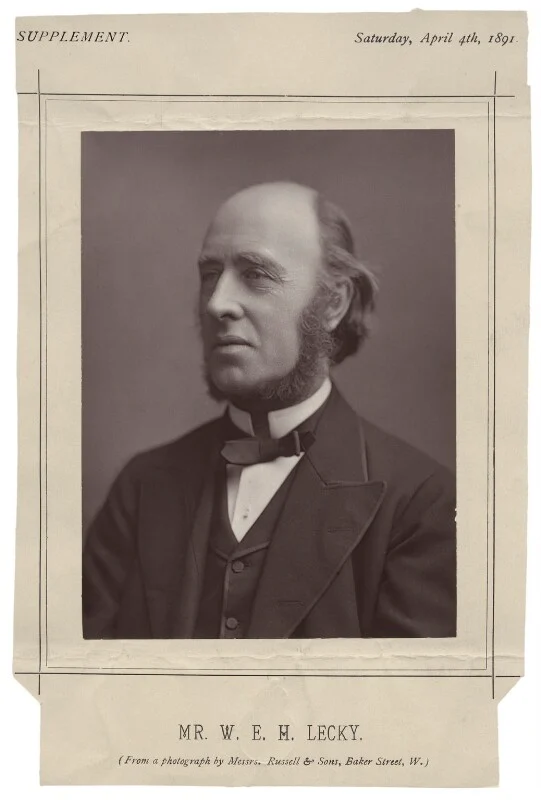Ruminations
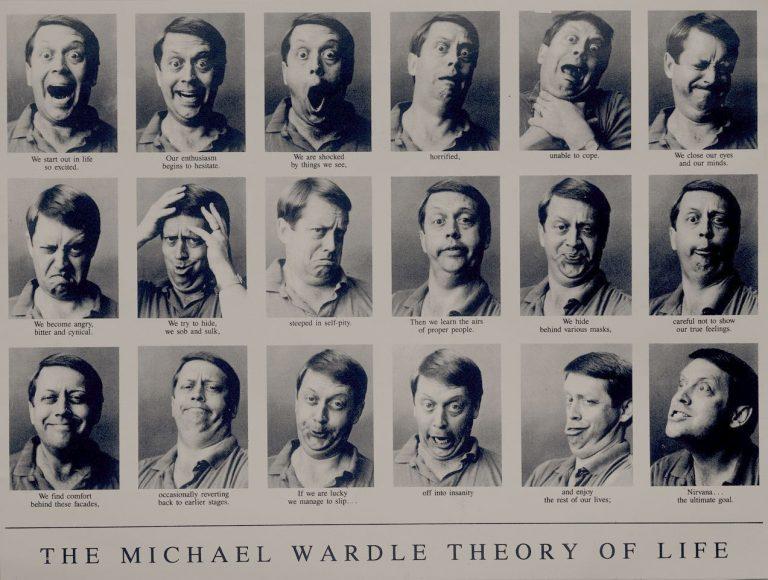
The Orville Norval Wardle Story
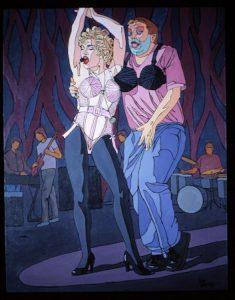
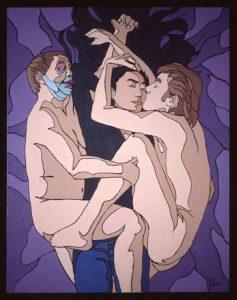
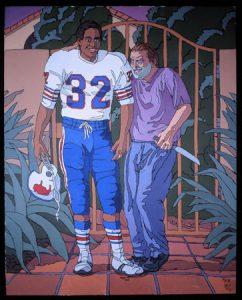
Many years ago, when first embarking on a career as an artist, my first wife gave birth to a healthy baby boy, but unfortunately she died in childbirth. For some time my barber had been Orville Olsen, the proprietor of the Center Barber Shop. Though then in his eighties, Orville had a sharp wit and a keen mind. He taught me much about life and I looked forward to my visits to his shop. I wanted to name my son after my good friend, Orville; and out of love and respect for my father, whose name was Norval; and fearing I might have no more off-spring, I named him ORVILLE NORVAL WARDLE.
Orville grew up a happy little guy, but never interacted with people in the normal ways. He didn’t talk much and he liked to make faces and mimic people, even strangers we’d pass on the street. I never thought of his behavior as abnormal, just unique…until his first day of school.
I walked with him to the door of his classroom and watched as his teacher greeted him.
“Hi! My name is Miss Seymour. What is your name?”
“Ordelordelordelordelordel,” he replied. (He always had trouble with his name.)
“Excuse me, I didn’t understand you. Is your name Arnold or Billy or Mikey?”
“Ordelordelordelordel,” he chortled again.
Frustrated, she turned to me, “What is his name?”
“Orville Norval Wardle.”
“With a name like that, how do you expect him to ever get along?” she scolded.
I tried to explain, but she wasn’t interested.
“I don’t think this child is ready for kindergarten.”
After a long session of testing, the school district psychologist diagnosed Orville as being delusional and schizophrenic. I was told Orville would never fit in a normal classroom. So, Orville was enrolled in a special school.
By the age of 13 he enjoyed pulling faces more than ever. The more people he encountered, the larger his repertoire grew. During that period I was doing a lot of figure painting and having difficulty scheduling reliable models. When they didn’t show Orv would sometimes sit for me. Painting him was an exhilarating experience. His faces intrigued me. I would look at his expressions, though appearing silly at first, they seemed to be sharing some subtle truth.
Orville is now a grown man. I don’t know whether or not he’s schizoid, deluded or even crazy. I do know, that while studying his face, with its bulgy eyes, chubby jowls and inexhaustible variety of expressions, I sometimes catch a fleeting glimpse of eternity or another consciousness, separate from this supposed rational world we live in.
I look in the mirror
and what do I see?
Is it Orville Norval Wardle
or is it me?
Can a Painting Save the World?
Can a painting, song, or a play save the world? A silly question?
I like to sit down in front of the paintings at my studio. I’ll spend an hour just looking…giving in to the paintings to see where they take me, just delighting in the color relationships, shapes and textures: their intricacies. I look at the paintings as an observer; like I’m looking at them for the first time, with fresh eyes, seeing new things.
After spending time with the paintings, I leave that world and come back to our physical world in an altered state of mind. If I go home and my kids are noisy and teasing each other, instead of getting upset I find myself (as I was in front of the paintings) in the role of observer, delighting in the colors and textures of their relationships with each other. I find myself able to tactfully and joyfully interact with my children and redirect their energy in a meaningful way. We spend time enjoying each other’s company. Our relationship increases in love and understanding.
What if parents, workers and politicians would spend time with a good painting or some great music every day? If a world leader could take that same spirit of the delighted observer instead of one advancing a biased agenda to the negotiation table, what might be the outcome?
Perhaps a painting can save the world.
Michael Wardle 1996
The Art Spirit
Written by Robert Henri – artist, painter, teacher at the The Art Students League, NYC
ART when really understood is the province of every human being.
It is simply a question of doing things, anything, well. It is not an outside, extra thing.
When the artist is alive in any person, whatever his kind of work may be, he becomes an inventive, searching, daring, self-expressing creature. He is interesting to himself and he becomes interesting to other people. Where those who are not artists are trying to close the book, he opens it, shows there are still more pages possible.
The world would stagnate without him, and the world would be beautiful with him. He disturbs, upsets, enlightens, and he opens ways for better understanding. He does not have to be a painter or a sculptor to be an artist. He can work in any medium. He simply has to find the gain in the work itself, not outside it.
Museums of art will not make a country an art country. But where there is the art spirit there will be precious works to fill museums. Better still, there will be the happiness that is in the making. Art tends towards balance, order, judgement of relative values, the laws of growth, the economy of living – very good things for anyone to be interested in.
Robert Henri 1865-1929
Artist, painter, teacher at The Art Students League, New York City
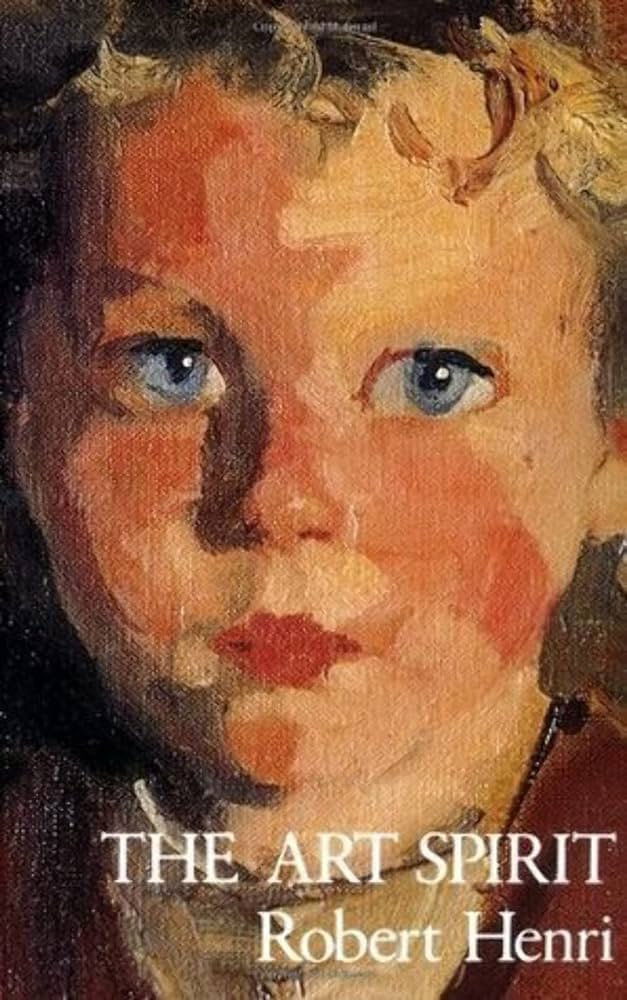
My Favorite Quote
If I had a credo, or a code to live by, it would be the incredible words that follow:.
“It is so much easier to assume than to prove: it is much less painful to believe than to doubt; there is such a charm in the repose of prejudice, when no discordant voice jars upon the harmony of belief; there is such a thrilling pang when cherished dreams are scattered, and old creeds abandoned, that it is not surprising that men would close there eyes to the unwelcome light. Hence the tenacity exhibited by systems that have long since been disproved. Hence the oscillation and timidity that characterize the research of most, and the indifference to truth and the worship of expediency that cloud the fair promise of not a few.”
William E. H. Lecky 1838-1903
-Irish historian, essayist, lecturer, member of Parliament, moralist, poet, political writer, politician, scholar, theologian.
